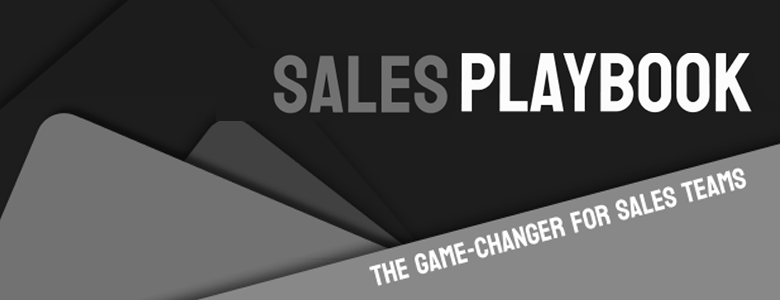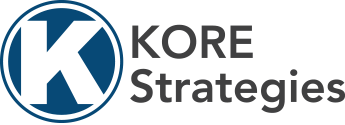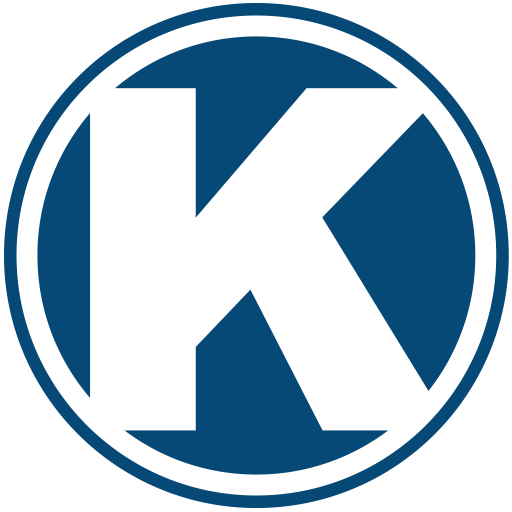
Home » Why Every Business Needs a Sales Playbook—Before the Gaps Cost You
Why Every Business Needs a Sales Playbook—
Before the Gaps Cost You
In the early days of a business, sales can feel like magic.
Founders or early team members land deals through hustle, referrals, and intuition. Processes are informal. Messaging is fluid. Success is driven by effort and instinct more than consistency or systems.
But then growth happens.
You hire new reps. You move into new markets. You increase your lead flow. Suddenly, that same informal approach that helped you get off the ground becomes a liability.
Deals stall. Messaging starts to vary wildly between reps. New hires take months to ramp. Leadership meetings are filled with guesswork rather than grounded insight.
This is the moment when many companies realize what’s missing: a sales playbook.
What Is a Sales Playbook?
A sales playbook is not just a document—it’s an operational blueprint for how your business sells successfully.
It outlines the strategies, processes, messaging, and behaviors your team should use to engage prospects, qualify opportunities, and close deals. A good playbook is tailored to your company’s stage, market, and offerings. It doesn’t eliminate flexibility—but it creates a clear, repeatable path to revenue.
Why a Sales Playbook Matters—And What Happens Without One
To illustrate how critical a playbook is, let’s look at some common business scenarios—and how a playbook (or lack of one) impacts each.
1. The Messaging Drift
Scenario: Your marketing team crafts a clear, compelling value proposition. But when you sit in on sales calls, every rep is saying something different. One emphasizes speed. Another talks about security. A third sells purely on price.
Without a playbook: Prospects hear inconsistent messaging. Trust erodes. Conversions drop. Leadership can’t identify why deals are falling off.
With a playbook: Everyone is aligned. Your reps tailor their conversations based on buyer personas, but the value prop is consistent. Prospects hear a clear story that builds trust and drives action.
Impact: You build a recognizable, repeatable narrative that improves close rates and strengthens brand credibility.
2. The Forecasting Black Hole
Scenario: The team says $1.2M is closing this quarter. You’re optimistic—until only $400K actually lands. Why the gap? Everyone is using a different definition of what “committed” means.
Without a playbook: There’s no standardized process for qualification or deal stages. The pipeline looks full, but it’s inflated with shaky deals. Coaching is reactive and inconsistent.
With a playbook: Each sales stage has defined exit criteria. Reps understand when a deal is truly qualified. Managers know where to focus. Forecasts become accurate and useful.
Impact: Better forecasting. Smarter coaching. Less wasted time chasing deals that were never real to begin with.
3. The Onboarding Sinkhole
Scenario: You hire a talented new rep. They ask for clarity on who to target, what to say, and how to structure their outreach. You hand them scattered assets and say, “Shadow Sarah—she’s our top rep.”
Without a playbook: Onboarding becomes tribal and inconsistent. Ramping takes months. Success depends on who they sit next to, not what they’ve been taught.
With a playbook: The new hire gets an onboarding kit with ICPs, discovery questions, deal milestones, and email templates. They’re booking meetings and moving deals forward in weeks, not months.
Impact: Faster ramp time, reduced training burden, and higher retention. Everyone has what they need to succeed—without reinventing the wheel.
4. The “Too Many Hats” Bottleneck
Scenario: You’re the CEO, head of sales, and chief firefighter. You want to delegate sales management—but no one else knows how you’ve been qualifying deals or handling pricing.
Without a playbook: Everything stays in your head. Delegation is risky. Team members ask the same questions over and over.
With a playbook: Your strategy, pricing logic, qualification criteria, and sales stages are documented. Others can confidently step in. You can scale without being the bottleneck.
Impact: You free up time to focus on strategy while building a team that can run without constant oversight.
A Playbook Doesn’t Kill Flexibility—It Creates Clarity
Some leaders worry that a playbook will “box in” their reps or turn selling into a script. But the best sales playbooks don’t limit creativity—they channel it.
A good playbook provides structure without rigidity. It gives reps a foundation they can adapt to their personality, customer, and conversation. It’s the difference between playing jazz with a chord chart—and just making random noise.
What Makes a Good Sales Playbook?
A well-crafted sales playbook is built for your business, not borrowed from a template. At a minimum, it should include:
- Company Overview & Unique Value Proposition
- Ideal Customer Profiles & Buyer Personas
- Prospecting Strategies & Messaging
- Qualification Criteria (e.g., BANT, CHAMP)
- Sales Process with Stage Definitions
- Discovery Questions
- Objection Handling
- Proposal & Close Guidance
- Performance Metrics
- CRM Process Flow
You Don’t Need to Be a Fortune 500 Company to Benefit
Playbooks aren’t just for large sales teams. In fact, smaller companies often benefit more—because every missed deal has a bigger impact.
Whether you’re running a three-person startup or leading a $10M growth-stage company, your team will close more—and waste less effort—when they follow a clear path.
And if you’re planning to scale or hire soon? Your playbook becomes your onboarding foundation and your quality control system.
Final Thoughts: Don’t Wait Until It Hurts
The best time to build a sales playbook is before you need it.
Too many companies only start documenting after a rough quarter, a failed hire, or a frustrating sales meeting. But those problems often stem from the same root: no shared system.
Start small. Document what already works. Talk to your team. Then refine, improve, and grow it as your business grows.
And if you want a head start, download the free KORE Sample Sales Playbook. It’s a great way to see what a strong foundation looks like.
Because in sales, what gets written down gets repeated. And what gets repeated—gets results.
Recent KORE Thoughts

Sales Isn’t a Funnel. It’s a System.
Sales Isn’t a Funnel. It’s a System. The traditional sales

The $500K Mistake – Why CEOs Need Clear Sales Stage Exit Criteria
The $500K Mistake – Why CEOs Need Clear Sales Stage


